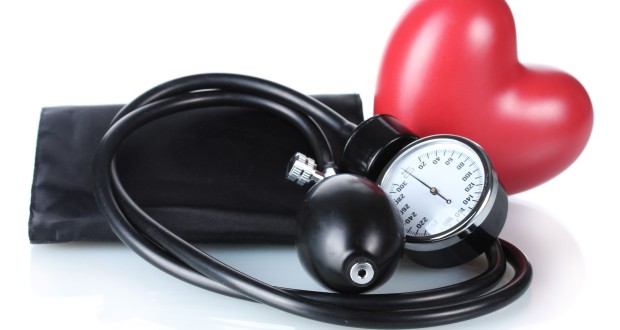According to the Centers for Disease Control and Prevention (CDC), nearly a third of American adults suffer high blood pressure (also known as hypertension). In addition to putting the body at greater risk of numerous health problems, high blood pressure also exacts a heavy toll on the economy. Between health care services, medications and miss work days, the CDC estimates that hypertension costs the United States $47.5 billion per year.
After reading the preceding paragraph, you might be curious as to why hypertension affects so many people. The list below highlights some possible risk factors for this condition:
- Age: As the body gets older, its blood vessels become less and less flexible. Consequentially, hypertension becomes more of a threat the further we get into adulthood. For men, hypertension is more common after the age of 45; for women, the risk of this disease increases after age 55.
- Race: Generally speaking, hypertension is more common among blacks than whites and Hispanics. In addition, African-Americans tend to be diagnosed with this condition at a younger age than other racial groups.
- Being Overweight or Obese – When a person is overweight or obese, their body must produce additional blood to supply tissues with oxygen and nutrients. Because of this additional blood volume, the walls of the arteries are forced to deal with an increased amount of pressure.
- Smoking – There seems to be an unlimited number of reasons for quitting smoking, including the fact that such a habit can lead to hypertension. The lining of the arteries can be significantly damaged by chemicals found in tobacco products. Consequentially, the arteries themselves may become increasingly narrow, forcing the body’s blood pressure to rise.
- Lack of Exercise – People who fail to get sufficient exercise tend to have more problems managing their weight. Likewise, those living sedentary lifestyles often have higher heart rates, meaning that the heart must work harder to pump blood through its arteries. In turn, this can lead to elevated blood pressure readings.
- Excessive Sodium Intake – A diet high in sodium can place the body at greater risk of hypertension. Most of our daily intake of sodium comes from salty foods, such as French fries, pretzels and many types of canned soup (salt is about 40 percent sodium). Consuming excessive sodium can cause the body to retain water, thereby increasing blood pressure levels.
 Natural Knowledge 24/7 Educate yourself with nutrition, health and fitness knowledge.
Natural Knowledge 24/7 Educate yourself with nutrition, health and fitness knowledge.






